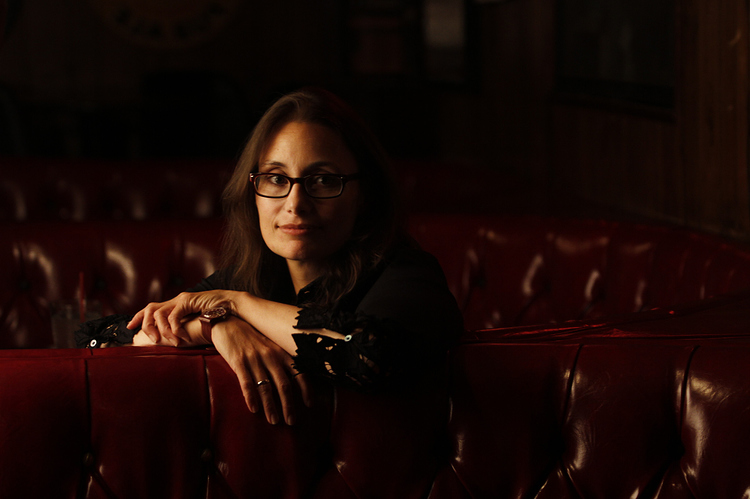American writer Dana Spiotta is the author of four acclaimed novels that have frequently focused on women struggling to choose between freedom and attachment, independence and intimacy. Her new novel, Innocents and Others, tells the story of two female filmmakers who were best friends and artistic collaborators in their youth, but who diverged radically as they grew older. At Public Books, Katie Fitzpatrick praises the book for its exploration of specifically female artistic genius, and compares it to other recent works that cover the same territory: Lauren Groff’s novel Fates and Furies, and Elena Ferrante’s Neapolitan series. Here’s an excerpt from Fitzpatrick’s review:
Innocents and Others is one of several recent feminist works to take up the problem of creative influence. Lauren Groff’s 2015 novel Fates and Furies indicts its archetypal male genius, the arrogant, acclaimed playwright Lancelot Satterwhite, who remains blissfully ignorant of the sacrifices his wife and his mother make to secure his artistic success. In her masterful Neapolitan series, Elena Ferrante offers a stark contrast to Lancelot’s insufficient sense of indebtedness. Ferrante’s narrator, Elena Greco, is deeply aware of the debts she owes to those closest to her and is haunted by the suspicion that her own literary achievements are only a poor translation of her friend Lina’s raw intellectual power.
Taken together, Groff and Ferrante (two otherwise very different novelists) suggest that the longstanding image of the solitary genius may be anathema to a feminist ethics. If men have viewed their creativity as self-generated and self-sufficient, then a feminist theory might imagine creativity as dispersed and relational, emerging through others as much as from the self.
Innocents and Others is a slender but wide-ranging novel with a strong ethical undercurrent. It explores the films of Orson Welles and Francis Ford Coppola, the Argentine Dirty War, the Kent State massacre, a phone-hacking club, and a women’s prison. Spiotta’s approach combines an impressive depth of field with a compelling focal point: the conflict between Meadow and Carrie—two women with radically different conceptions of their artistic vocation and their relationship to one another.
Image of Dana Spiotta via LA Times.
